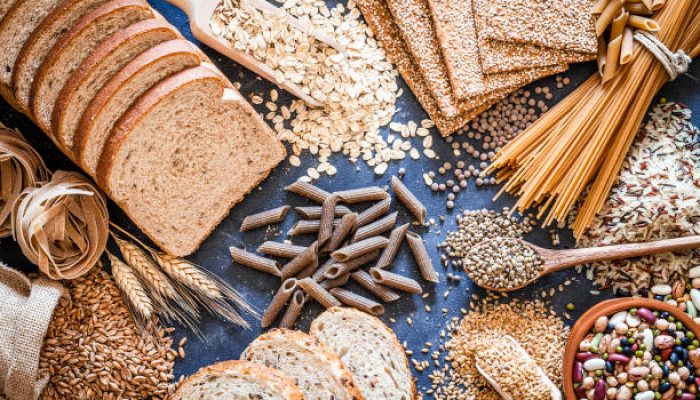Your Guide to a Nourishing Gluten-Free Diet
For individuals with celiac disease, gluten sensitivity, or wheat allergies, following a gluten-free diet is not just a choice—it’s a necessity for managing their health and well-being. We understand the challenges of living gluten-free and offer personalized support to help individuals adopt and maintain a gluten-free lifestyle successfully.

Understanding Gluten and Gluten Sensitivity:
Gluten is a protein found in wheat, barley, rye, and their derivatives. For some individuals, consuming gluten can trigger adverse reactions, ranging from mild discomfort to severe intestinal damage. Celiac disease is an autoimmune condition in which the ingestion of gluten leads to inflammation and damage to the small intestine. Non-celiac gluten sensitivity (NCGS) and wheat allergies are other conditions characterized by adverse reactions to gluten.
- Gluten-Free Grains: Individuals following a gluten-free diet can enjoy a variety of naturally gluten-free grains such as rice, quinoa, millet, buckwheat, sorghum, and oats labeled as gluten-free.
- Fruits and Vegetables: Fruits and vegetables are naturally gluten-free and should form the foundation of a gluten-free diet. They provide essential vitamins, minerals, and fiber to support overall health.
- Lean Proteins: Incorporate lean protein sources such as poultry, fish, eggs, legumes, tofu, and nuts into your diet to meet your protein needs without gluten-containing additives.
- Dairy and Dairy Alternatives: Most dairy products are naturally gluten-free, but it’s essential to check labels for added ingredients. Opt for lactose-free or dairy-free alternatives if lactose intolerance is a concern.
- Gluten-Free Snacks and Treats: Enjoy gluten-free snacks and treats such as popcorn, rice cakes, gluten-free crackers, nuts, seeds, and homemade gluten-free baked goods.
Benefits of Following a Gluten-Free Diet:
- Symptom Relief: For individuals with celiac disease or NCGS, following a gluten-free diet can alleviate symptoms such as gastrointestinal distress, fatigue, headaches, and skin problems.
- Prevents Intestinal Damage: By avoiding gluten-containing foods, individuals with celiac disease can prevent further damage to the small intestine and promote healing.
- Supports Overall Health: A well-balanced gluten-free diet can provide essential nutrients and support overall health and well-being.
Partner with Us for Your Gluten-Free Journey:
Our team of experienced nutritionists understands the complexities of living gluten-free and is dedicated to providing personalized guidance and support. Whether you’re newly diagnosed or seeking to optimize your gluten-free diet, we’re here to help you navigate the challenges and achieve your health goals. Contact us today to schedule a consultation and embark on your gluten-free journey with confidence.
FAQ's
Gluten is a protein found in wheat, barley, and rye. Some individuals need to avoid gluten due to conditions like celiac disease or gluten sensitivity.
Foods that contain gluten include bread, pasta, cereals, baked goods, sauces, and processed foods made with wheat, barley, or rye.
Gluten-free alternatives include quinoa, rice, corn, buckwheat, oats (labeled gluten-free), and products made from almond, coconut, or tapioca flour.
Yes, with careful planning, a gluten-free diet can provide all necessary nutrients. Focus on fruits, vegetables, lean proteins, and gluten-free grains to ensure a balanced intake.
Not necessarily. Some gluten-free products may be highly processed and contain added sugars or unhealthy fats. Always check labels and prioritize whole, nutrient-dense foods.
No, unless you have a medical condition like celiac disease or gluten sensitivity, there’s typically no need to avoid gluten. However, some individuals choose to follow a gluten-free diet for personal preference or dietary reasons.
